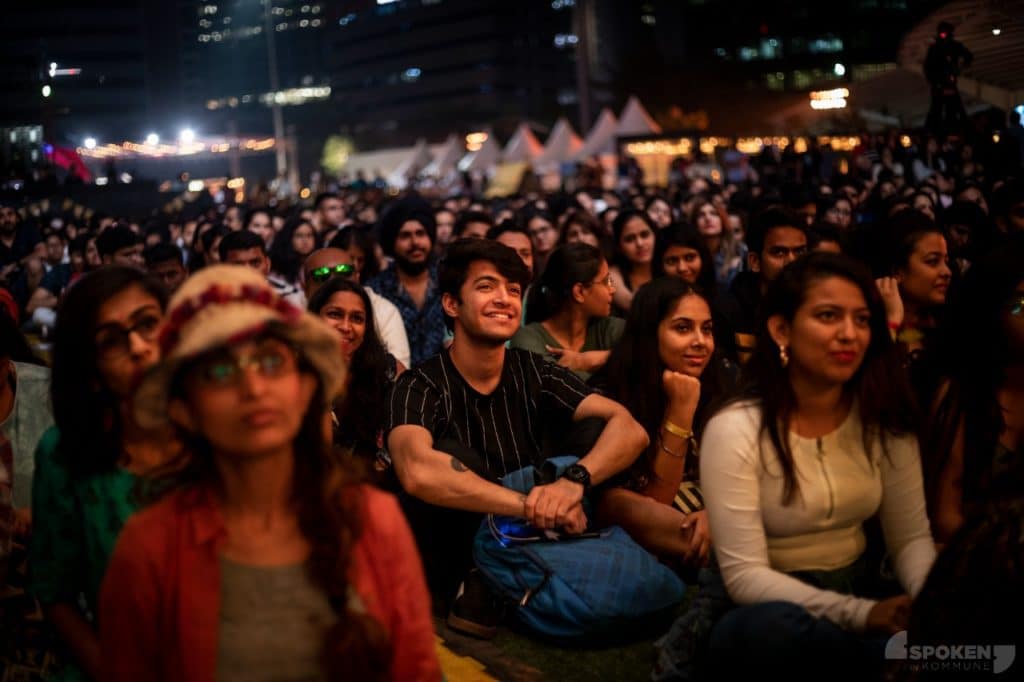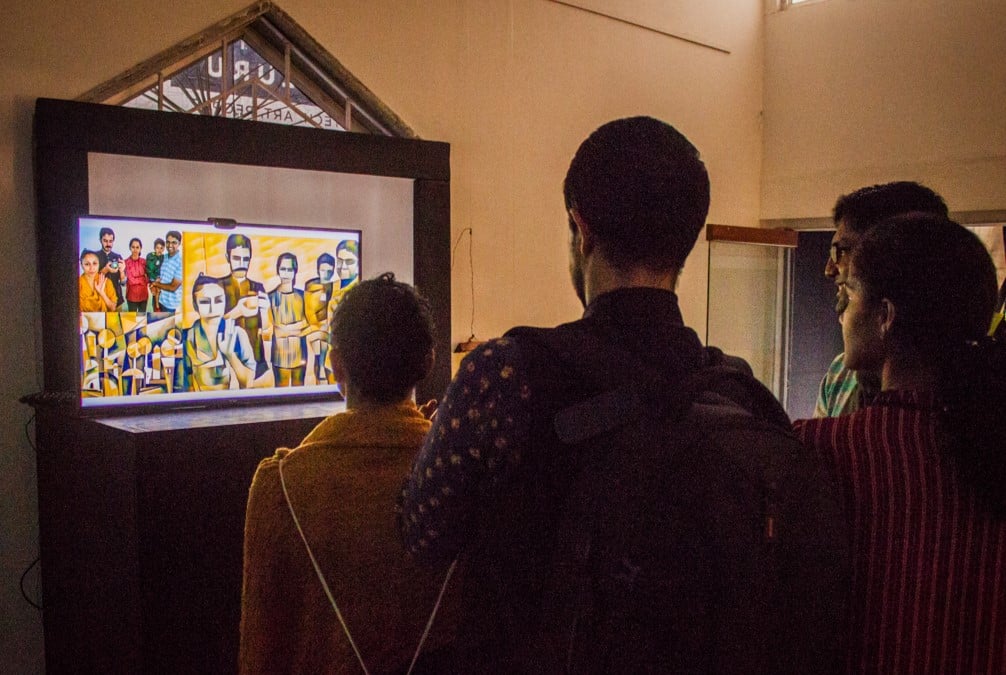

COVID and Innovation Within Edinburgh’s Festivals
Topics
The COVID-19 pandemic created a global hiatus for events and festivals. The mandate for entire countries to stay at home and limit social interactions resulted in a significant number of events and festivals being either postponed, cancelled, or adapted to a virtual format. The closure of businesses, festivals and cultural activities due to COVID-19 imposed a significant social and economic loss to the city of Edinburgh.
Edinburgh Festivals consists of 11 recurring events held in the city each year. The most famous of these events are the August festivals, which include the Edinburgh International Festival (EIF), Edinburgh Festival Fringe, Edinburgh International Book Festival, Edinburgh Art Festival and the Royal Edinburgh Military Tattoo. This project extends existing work done to establish a new model for examining the festival and event lifecycle using a case study of Edinburgh’s festivals (Holmes & Ali-Knight, 2017). The research undertaken throughout the summer and autumn months of 2021, examines the impacts of COVID-19 on festivals in an eventful destination and how festival managers have responded to the ongoing pandemic.
It was funded by The Business School – Edinburgh Napier University, as part of the Post-COVID Recovery, Innovation, Technology and Digital Transformation and Communities and Societal Challenges funding call and was a collaboration between Edinburgh Napier University and Curtin University in Perth, Australia.
Key Findings
1. Challenges: Funding and building digital content are the two challenges faced by the festivals.
- Funding: The prospect of monetary support has been an exceptionally contentious topic for Edinburgh’s festivals throughout the pandemic. Although funding bodies such as Creative Scotland, the Scottish Government, and EventScotland have drastically increased the volume of monetary support as an urgent response to the crisis, assistance has been restricted due to the sheer capacity of event organisations requiring help. As the sector slowly shifts into a post- pandemic economy, organisations run the risk of failing to secure the level of funding required to maintain and elevate progress made throughout the last 24 months.
- Building digital content: If an organisation’s core funding spend is shifted to improve digital outputs, other areas of production and programming will undoubtedly suffer.
2. Lessons learnt: While a hybrid delivery model may be one future for festivals and events, digital outputs cannot be onboarded simply for the sake of it. The following is a list of questions organisations can ask themselves through a redevelopment process:
- How can I make digital outputs work best for my organisation?
- What type of digital content should I create and how should it be used?
- What is the best event delivery model for my audience?
- How can I get online festival-goers excited about a digital and/or hybrid event?
- What does it mean to run a ‘hybrid event’?
- How can I reimagine performance spaces and venues?


Share on